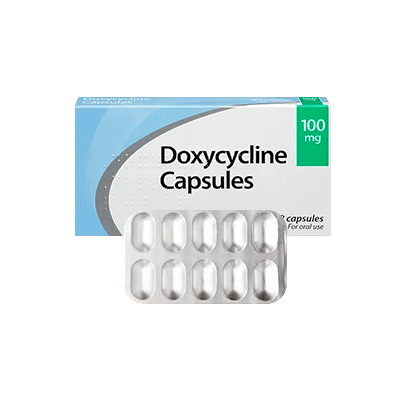Ive been taking metformin for several months now, and frankly, Ive noticed significant improvements. My blood sugar levels have become more stable, and I feel much better. I had some minor stomach issues at first, but they quickly subsided.

Metformin
- Quality products
- Support 24/7
- Fast delivery
About this medicine
Metformin is a medication widely used to treat type 2 diabetes. It is prescribed to lower blood glucose levels. It plays a key role in maintaining normal blood sugar levels by helping the body use its own insulin more efficiently. In most cases, metformin is prescribed in conjunction with diet and exercise to achieve maximum results. This medication can be used alone or in combination with other antidiabetic medications, depending on the recommended treatment regimen.
Composition of the medicine
Metformins composition plays a key role in its effectiveness. The main active ingredient is metformin hydrochloride. This substance is part of the biguanide class, which is known to help control blood sugar levels. Metformin hydrochloride helps reduce the amount of glucose produced by the liver and improves cellular sensitivity to insulin.
- Metformin hydrochloride
- Microcrystalline cellulose
- Sodium croscarmellose
- Magnesium stearate
- Polyethylene glycol
Other excipients may be included, which help improve the stability and absorption of the medication in the body. These ingredients assist in tablet formation and ensure its disintegration, releasing the active ingredient at the right time.
Usage and dosage
Metformin should be taken strictly according to your doctors recommendations. A key component of successful treatment is regular and consistent use, which will ensure its maximum effectiveness.
- Metformin should be taken orally, preferably with food to avoid stomach discomfort.
- It is very important to take metformin at the same time every day to maintain a consistent level of the active ingredient in your body.
- Even if you feel better, do not stop taking the medication without consulting your doctor.
Following these recommendations strictly is important, as it helps improve blood sugar control and reduces the risk of diabetes-related complications.
How does this medicine work?
Metformin exerts its effect through several mechanisms. Its primary function is to reduce glucose production in the liver, which helps prevent excessive increases in blood sugar. The drug also improves tissue sensitivity to insulin, which facilitates better glucose utilization by cells.
Metformin also slows the absorption of glucose in the intestine, giving the body time to adapt and cope with the incoming carbohydrate load. Taken together, these effects mean that metformin actively addresses three key aspects of blood sugar regulation, ensuring reliable and stable control.
Thus, metformins action is aimed at systemically improving metabolic processes in the body, making it one of the most effective medications for the treatment of type 2 diabetes.
Indications for use
Indications for metformin include various conditions associated with carbohydrate metabolism disorders. This drug has a beneficial effect across a wide range of conditions, making it a versatile treatment.
- Type 2 diabetes
- Metabolic syndrome
- Prediabetic conditions
- Polycystic ovary syndrome (PCOS)
- Weight loss in insulin resistance
Metformin use in these cases is aimed at normalizing blood glucose levels and improving the overall metabolic health of the body. This reduces the risk of long-term complications and improves patients quality of life.
Contraindications for use
Despite its effectiveness, metformin has certain contraindications. These are related to certain conditions and body characteristics that may interfere with the safe use of the drug.
- Allergy to metformin or its components
- Severe kidney or liver failure
- Lack of oxygen in the blood (hypoxia)
- Alcoholism
- History of ketoacidosis
Before starting metformin, be sure to consult a doctor to rule out possible contraindications and safely continue treatment.
Side effects
Like any medication, metformin can cause side effects. These do not occur in all patients and can vary in intensity and duration.
- Digestive upset (nausea, diarrhea, abdominal pain)
- Metallic taste in the mouth
- Decreased appetite
- Dizziness
- Rare cases: lactic acidosis
Side effects most often occur at the beginning of treatment and subside or disappear over time. If symptoms persist or worsen, consult your doctor for a dosage adjustment or medication change.
Frequently asked questions
Metformin Reviews and Experiences
My doctor recommended metformin in addition to lifestyle changes, and Im very pleased. Thanks to this medication, Ive achieved a significant reduction in my blood sugar. I did feel a little nauseous at times, but its minor compared to the results.
Metformin does help control my diabetes, but I had a few days of unpleasant side effects. I felt like I had a metallic taste in my mouth, and my stomach was a bit upset. However, the main thing is that the medication is doing its job.








